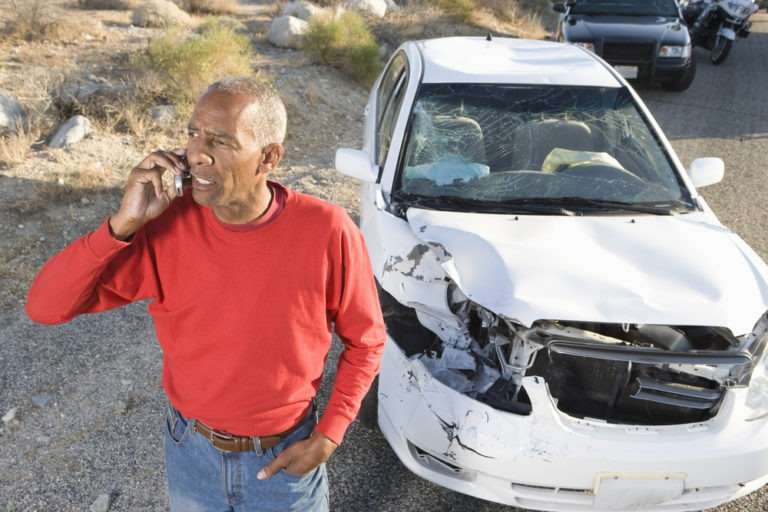
It is imperative to know what you should do in the days following a car accident. Immediately after an auto accident, survivors may have clouded thinking and be uncertain of who to call, what to say, and where to go. By the time you read this, hopefully, you have exchanged insurance information with the other motorist involved in the accident, reported the accident to the police, and sought medical attention.
You want to remain in good health and begin the process of protecting your right to compensation. You should not delay any of the steps you should take after a car accident.
Do Not Delay After Your Accident
After a car accident, especially one that was not your fault, the responsibilities you have can feel like a major burden. However, the sooner you take care of these obligations, the better.
What to do after a car accident involves:
Speaking with Insurance Adjusters
Regardless of whether you live in a fault or no-fault state, you will need to inform your insurance company of the accident. However, some insurance companies are known to devalue claims and attempt to pay victims less compensation than they deserve.
It is crucial to be careful about what you say when speaking with an insurance adjuster.
Even if you feel fine, refrain from telling them this, as they can use that statement against you later. They may argue that because you told them at one point that you were fine, you cannot be entitled to compensation.
Lawyers are familiar with the tactics that insurance companies use to downplay claimants’ damages. A legal professional can negotiate with an insurance adjuster to award you a fair settlement. However, if the adjuster refuses to agree to the proposed amount, a lawyer can take your case to court and continue to fight for just compensation.
Seeking Medical Care
Immediately after a car accident, you should accept a medical evaluation from the ambulance that comes to the scene if you believe that you may have been injured. Many people walk away from accidents feeling okay, but the truth is that many injuries (such as internal bleeding or brain injuries) can take some time to manifest.
You should visit your doctor to discuss any concerns you may have about your health. If you are interested in filing a personal injury claim, your medical records are of crucial importance. This documentation can be used by your legal team to show that because of another party’s actions, you were harmed.
Refraining from Posting Anything Online
Do not post anything on social media about your accident. Anything you say or any pictures that you post can hurt your chances of securing fair compensation. For instance, if you posted a picture of yourself at a sporting event with your friends, but at the same time claim to have suffered debilitating injuries, this could affect your case’s outcome.
Filing Your Case within the Applicable Statute of Limitations
If the liable insurance company does not come through and offer a fair settlement, you could file a lawsuit against the negligent party. You typically have a two-year period to do so, per NRS §11.190(4)(e). If your case is successful––whether through an insurance settlement or court award––you could recover compensation for your healthcare expenses, property damage costs, lost wages, and past and future pain and suffering.
You may also be able to collect compensation for the impact of the accident on your life, per the American Bar Association (ABA).
High Stakes Injury Law Can Help During This Stressful Time
What you should do in the days following a car accident can make a significant difference in the outcome of your claim or lawsuit. Although many of the aforementioned steps could protect your right to compensation, you should still consider how a personal injury lawyer may be able to help you. Call (702) 444-3228 today to an attorney on our team about your case and legal options.
